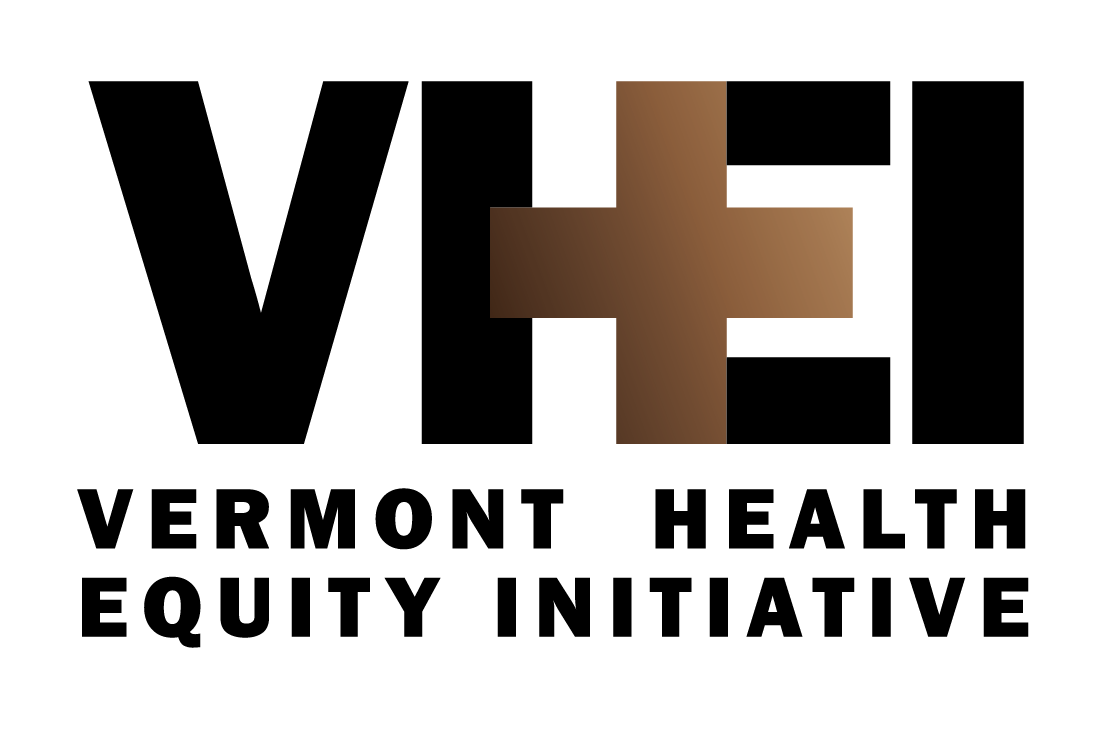Is The United States Facing A Potential ‘Tripledemic’?
Where We Stand In The Wake Of COVID-19
As we moved into the fall season, doctors and researchers across the U.S. began to worry about the potential threat of a “twindemic” (a situation in which COVID-19 and the flu spread simultaneously at a rapid pace). However, experts have now reported the possibility of a “tripledemic” as doctors have started to see an early rise in a pediatric respiratory virus known as RSV.
What Is RSV?
RSV, or Respiratory Syncytial Virus, is a common respiratory virus that usually causes mild, cold-like symptoms. Most people recover within a week or two, but RSV can be serious, especially for infants and older adults. RSV is the most common cause of bronchiolitis and pneumonia in children younger than 1 year of age in the United States.
Some of the symptoms of RSV to look out for include:
Runny nose
Decrease in appetite
Coughing
Sneezing
Fever
Wheezing
The Impact Of A ‘Tripledemic’
The potential “tripledemic” isn't expected to be anywhere on the same magnitude as the original COVID-19 pandemic. However, it’s still crucial that we limit transmission rates among communities with preexisting health inequities.
According to the CDC, Native American, Hispanic, and Black people make up a vast majority of RSV-associated hospitalizations throughout the country.
With flu test positivity rates at an increasingly high percentage, consistent COVID-19 cases throughout the U.S., and a notable uptick in RSV sicknesses, the biggest obstacle we’re faced with is a lack of hospital beds.
As of October 24th, pediatric bed occupancy in the U.S. is the highest it's been in two years, with 75% of the estimated 40,000 beds filled with patients, according to an ABC News analysis.
How You Can Help Prevent A ‘Tripledemic’
Do your part in reducing the likelihood of contracting COVID-19 and/or the flu by getting vaccinated! Visit your local pharmacy, set up an appointment with a healthcare provider, or search our site to find a clinic near you.
Some steps you can take to help prevent the spread of RSV include:
Covering your coughs and sneezes with a tissue or your upper shirt sleeve, not your hands.
Washing your hands often with soap and water for at least 20 seconds.
Avoiding close contact with others.
Clean frequently touched surfaces such as doorknobs and mobile devices.

